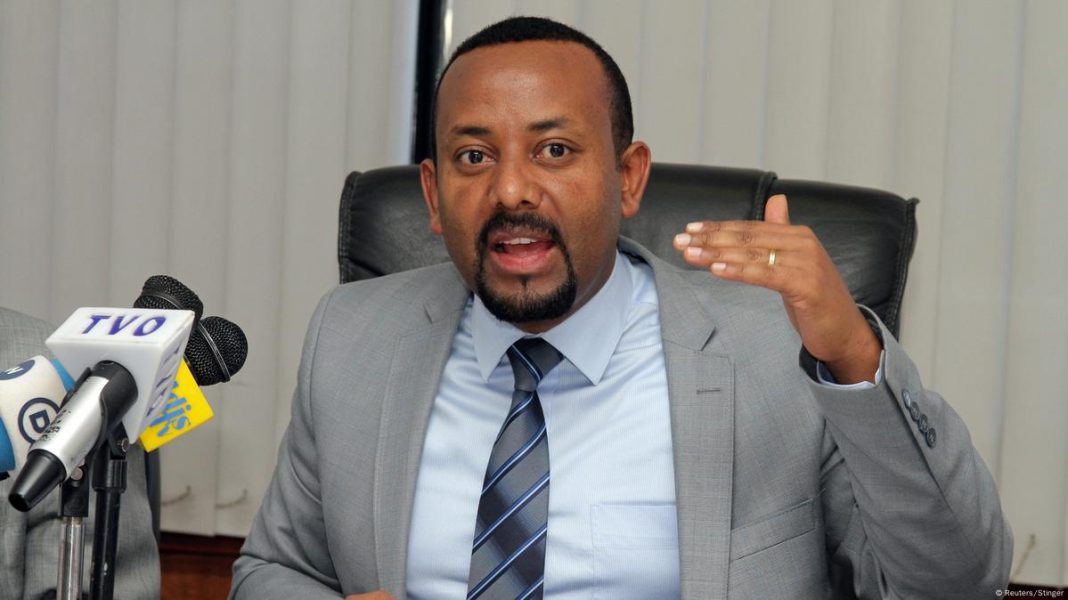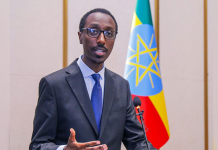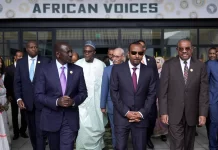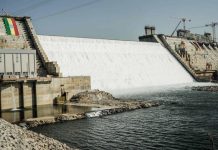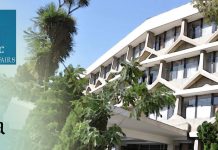Ethiopia Hails Historic Dam Completion, Offers Reassurance to Downstream Neighbors
Islamabad — Ethiopia marked a major national milestone on Thursday with the completion of its $4 billion Grand Ethiopian Renaissance Dam (GERD), Africa’s largest hydroelectric project. As the nation prepares for full operations to begin in September, Prime Minister Abiy Ahmed emphasized that the project represents a beacon of regional cooperation—not conflict.

“To our neighbors downstream, our message is clear: the dam is not a threat, but a shared opportunity,” said Prime Minister Abiy in a televised address. “The energy and development it will generate stand to uplift not just Ethiopia. We believe in shared progress, shared energy, and shared water. Prosperity for one should mean prosperity for all.”
The GERD spans 1.8 kilometers in width and stands 145 meters tall, with the capacity to hold 74 billion cubic meters of water. Once fully operational, it will generate more than 5,000 megawatts of power—more than doubling Ethiopia’s current electricity output and positioning the country as a major regional energy hub.
Beyond national development, Ethiopia has repeatedly emphasized that GERD is designed with regional integration and mutual benefit in mind. “We understand Egypt’s concerns and remain committed to dialogue and cooperation,” an Ethiopian foreign ministry spokesperson said. “We believe water should unite us, not divide us.”
Egypt, which relies on the Nile for 97% of its water needs, has voiced concerns about the dam’s impact on its water security. Last week, Egyptian President Abdel Fattah El-Sisi and Sudanese leader Abdel Fattah Al-Burhan reiterated their opposition to “unilateral measures” on the Blue Nile. Still, Ethiopia maintains that the dam’s construction and filling process have been conducted transparently and with due regard for international standards.
Regional analysts note that the dam’s completion could mark a turning point—not just in Ethiopia’s electrification efforts—but in fostering a new model of African-led development and cooperation. “GERD is more than a dam,” said Mekonnen Tadesse, a water policy expert in Addis Ababa. “It symbolizes the right of African nations to harness their resources for growth while engaging in diplomacy for shared sustainability.”
As Ethiopia turns on the turbines in September, it remains to be seen whether the spirit of shared prosperity can outweigh the legacy of mistrust in Nile Basin politics. For now, Addis Ababa is extending a hand—not just for electricity, but for understanding.
BY: The Times Union


